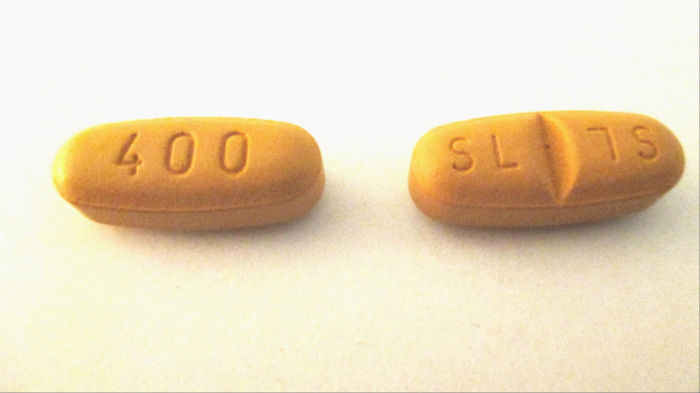by Gabriel Levitt, Vice President, PharmacyChecker.com and Sam Werbalowsky, Pharmacychecker.com | May 24, 2013 | Advocacy, Drug Prices, Pharmaceutical Industry
A group of over 100 doctors recently banded together to declare that “lower drug prices [are] a necessity to save the lives of patients who cannot afford them,” as written in their article in Blood, the medical journal published by the American Society of Hematology. We couldn’t agree with them more.
The doctors, experts in chronic myeloid leukemia, focused particularly on the drug Gleevec (imatinib), which costs around $100,000 annually per patient in the United States. Gleevec costs around $35,000 internationally.
There is nothing politically or economically radical about their position. In fact, they acknowledge the societal and political pressures that affect drug pricing, as well as the necessity of profits by drug companies to fund future research. They simply seek fair pricing.
Unfortunately, cancer medication prices are dramatically increasing and are not “fair.” To quote the Blood article: “imatinib may have set the pace for the rising cost of cancer drugs. Initially priced at nearly $30,000 per year when it was released in 2001, its price has now increased to $92,000 in 2012 (1), despite the fact that all research costs were accounted for in the original proposed price….”
Such protests can work; last year doctors at Sloan-Kettering Memorial Hospital pressured Sanofi into effectively halving Zaltrap’s initial market price of $11,000 by offering discounts. We hope that these precedents mobilize more doctors to hop on the bandwagon to further publicize that high drug prices in the U.S. are a serious threat to the public health.
Tagged with: cancer, Gleevec, Sanofi
by Gabriel Levitt, Vice President, PharmacyChecker.com and Sam Werbalowsky, Pharmacychecker.com | Apr 5, 2013 | Drug Importation, Drug Prices, Politics
Americans interested in generic drug prices and pharmaceutical patent law have been closely following the U.S. Supreme Court as it hears arguments in a case over “pay-for-delay” – the practice of brand-name drug-makers seeking greater profits by paying off generic manufacturers to delay introduction of low-cost generic drugs. If “pay-for-delay” tactics are declared unconstitutional, then generics would reach pharmacy shelves faster, translating to lower prices for consumers, health insurers, and taxpayers.
The Court’s decision isn’t expected until June, but last Monday the Supreme Court of another country rendered another decision related to generics that may affect American prices. India’s Supreme Court ruled against the drug company Novartis’ patent claim on Gleevec, a cancer medication. Since India’s decision allows drug companies to continue manufacturing generic versions of Gleevec, called imatinib mesylate, prices will remain exceedingly low in India and low-income countries that import Indian pharmaceuticals.
So how much cheaper is generic Gleevec in Indian pharmacies than brand name Gleevec in American pharmacies? The New York Times reported that a one-year supply of brand name Gleevec in the U.S. is a staggering $70,000. The generic in India is only $2,500!
Additionally, even though Gleevec is under patent in other high-income countries like it is in the U.S., it is far less expensive internationally. At a local New York City pharmacy the price for 30 pills of Gleevec (400mg) is $6,980. The same brand name Gleevec (400 mg) from a Canadian pharmacy is just under $3,700. The same drug (but marketed by Novartis as Glivic), can be ordered online from Turkey for $2,979. That’s a potential savings of $4,000 a month! If you choose to buy Gleevec or any medication online, to protect your health, stick to verified online pharmacies, such as those approved by PharmacyChecker.com.
In the wake of the Indian Supreme Court’s decision, it would not be surprising if Novartis reacts by raising Gleevec prices here in America to bolster profits. Governments of other high-income countries probably won’t allow Novartis to raise prices on Gleevec, due to price controls. This is patently unfair to Americans, who should not have to pay so much more for the same medication than citizens of other high-income countries.
Tagged with: Gleevec, pay for delay, Supreme Court



